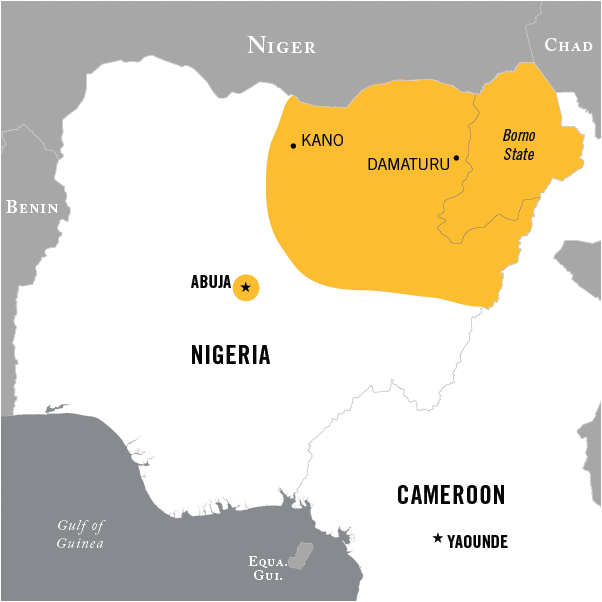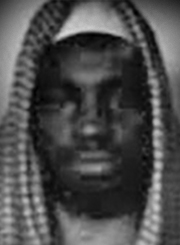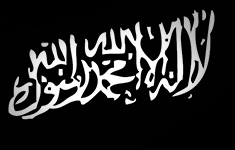TERRORIST GROUPS

BACKGROUND
Boko Haram, which refers to itself as “Jama‘atu Ahl as-Sunnah li-Da‘awati wal-Jihad” (JASDJ; Group of the Sunni People for the Calling and Jihad) and “Nigerian Taliban”—other translations and variants are used—is a Nigeria-based group that seeks to overthrow the current Nigerian Government and replace it with a regime based on Islamic law. It is popularly known in Nigerian and Western media as “Boko Haram,” which means “Western education is forbidden” (the word boko is a holdover from the colonial English word for book). The group, which has existed in various forms since the late 1990s, suffered setbacks in July 2009 when clashes with Nigerian Government forces led to the deaths of hundreds of its members, including former leader Muhammad Yusuf.

In July 2010, Boko Haram’s former second-in-command, Abubakar Shekau, appeared in a video claiming leadership of the group and threatening attacks on Western influences in Nigeria. Later that month, Shekau issued a second statement expressing solidarity with al-Qa‘ida and threatening the United States. Under Shekau’s leadership, the group has continued to demonstrate growing operational capabilities, with an increasing use of improvised explosive device (IED), vehicle-borne IED (VBIED), and female suicide attacks against a wide range of targets. The group set off its first VBIED in June 2011. On 26 August 2011, Boko Haram conducted its first attack against a Western interest—a vehicle-bomb attack on UN headquarters in Abuja—killing at least 23 people and injuring more than 80. A purported Boko Haram spokesman claimed responsibility for the attack and promised future targeting of US and Nigerian Government interests.

Boko Haram’s capability increased in 2014, with the group conducting near-daily attacks against Christians, security and police forces, the media, schools, politicians, and Muslims perceived as collaborators. Boko Haram continued to raise its international profile in 2015, pledging allegiance to the Islamic State in Iraq and the Levant (ISIL) in March—and publicly using the name “ISIL-West Africa Province” and similar variants—and conducting simultaneous suicide bombings in N’Djamena, Chad, in June—the first such attack in that country’s capital.
Boko Haram’s violence—including the kidnapping of 276 schoolgirls in Borno State, Nigeria, in April 2014—brought international condemnation and in February 2015 provoked a large regional CT offensive against the group that displaced it from the majority of its strongholds in Nigeria. Nonetheless, Boko Haram remains resilient, conducting attacks in neighboring Cameroon, Chad, Niger, as well as Nigeria, emphasizing the threat it poses to Western and regional interests.
The US State Department designated Boko Haram a Foreign Terrorist Organization in November 2013.



